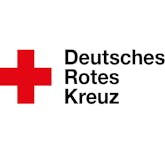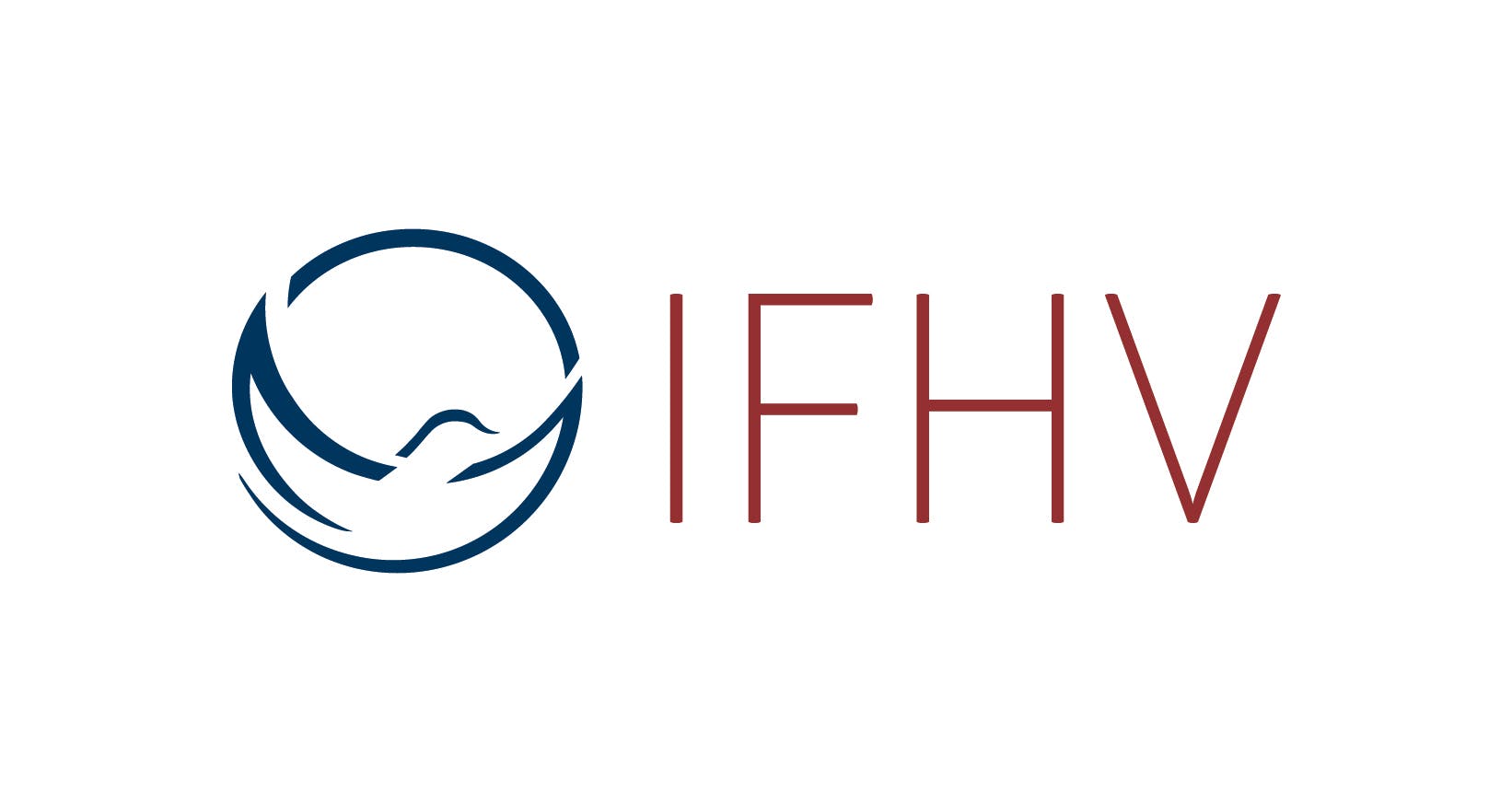Introduction to the Selection, Planning and Implementation of "Early Actions" in the Context of Anticipatory Humanitarian Action
Fully booked
Anticipatory action means acting prior to the onset of predictable hazards and thus, prevent their impact, if possible, and reduce human suffering and losses. It has only been a few years since humanitarian agencies started to develop systems to take action based on forecasts and risk analysis. Hence, Early Actions are a core component of anticipatory humanitarian action as their implementation aims at reducing the impact of extreme events. This course provides an overview of early actions in some of those projects from the Red Cross Red Crescent movement as well as from different NGOs.
Hence, you will be introduced to the overall concept of Anticipatory Action and its current funding mechanisms, but the focus will be on the selection and planning of early actions for various hazards (e.g., short onset such as floods but also long onset such as droughts) by taking into account different lead times and identified impacts. In this course, you will learn about key principles for identifying Early Actions as well as tools for prioritizing, planning and evaluating their effectiveness. Overall, examples will be taken from both, larger humanitarian agencies such as German Red Cross and Welthungerhilfe, as well as smaller NGOs who have a stronger focus on community-based approaches. The training is part of aha's certification scheme and can be credited towards a Certificate of Advanced Studies in "Anticipatory Humanitarian Action".
You will learn
about the concept of Anticipatory Action and the benefits of acting early
what are potential early actions for different hazards
how to select, plan, implement, and evaluate Early Actions in different contexts
how to prepare your own organization and partner organizations to apply these tools
Target group
Staff of humanitarian NGOs with several years of professional experience, participants of the course "Introduction to the Mechanisms of Anticipatory Humanitarian Action"
Schedule
Course Introduction
- Ground rules & introduction of facilitators, objectives and course agenda
- Introduction of participants and course expectations
Concept of Anticipatory Action
- Anticipatory action in the global context: the need for AA
- Mechanisms of Anticipatory Action
- Forecast-based Financing (FbF) and areas of application
- Components of FbF, implementation of FbF
- Financing mechanism
- Q&A
Coffee Break
Concept of Anticipatory Action (cont'd)
- START mechanisms of AA and areas of application
- Components of AA, implementation of AA
- Financing mechanism
- Example 1: EAP Niger drought
- Example 2: START Network drought example
Lunch Break
Trigger Development
- Introduction to trigger development for slow and fast onset disasters
Coffee Break
Impact Analysis and Early Action Development Process
- Event analysis: Analysis of past natural hazards and their impacts (GRC)
- Introduction to the Early Action development process (e.g. criteria) (GRC)
- Differences of the START Network approach
Coffee Break
Scenario Work: Identification of Main Impacts
- Introduction to the scenarios, the exercise and methods
- Group work: What are the main impacts?
- Presentation of results and discussion
Open Questions and Wrap-Up
German Red Cross
Lecturer

The German Red Cross (GRC) is one of the largest national Red Cross Societies and currently active in around 50 countries in Africa, Asia, the Middle East and Latin America. Since 2013, the Red Cross and Red Crescent Movement has been actively working to bring anticipatory approaches to the forefront of humanitarian action through pilot projects. In close cooperation with the International Federation of Red Cross and Red Crescent Societies and the Red Cross Climate Centre, the GRC was able to test the implementation of the Forecast-based Financing approach (FbF) in several project countries and refine the methodology on behalf of the German Federal Foreign Office. Further cooperation exists with various humanitarian partners such as the World Food Programme, The United Nations Office for Humanitarian Affairs (UN-OCHA), Welthungerhilfe and the international donor community.
Start Network
Lecturer

Start Network is made up of more than 50 aid agencies across five continents, ranging from large international organisations to national NGOs. Together, our aim is to transform humanitarian action through innovation, fast funding, early action, and localisation. Start Network supports agencies to act in anticipation of crises through analysing the risk of crises, and create a suite of timely, and reliable funding options such as The Start Fund and Start Ready, to disburse for different types of crises.
16.6.2021 - 23.6.2021
23 hours of training
Online Event
 This training is organized by the Institute for International Law of Peace and Armed Conflict.
This training is organized by the Institute for International Law of Peace and Armed Conflict.